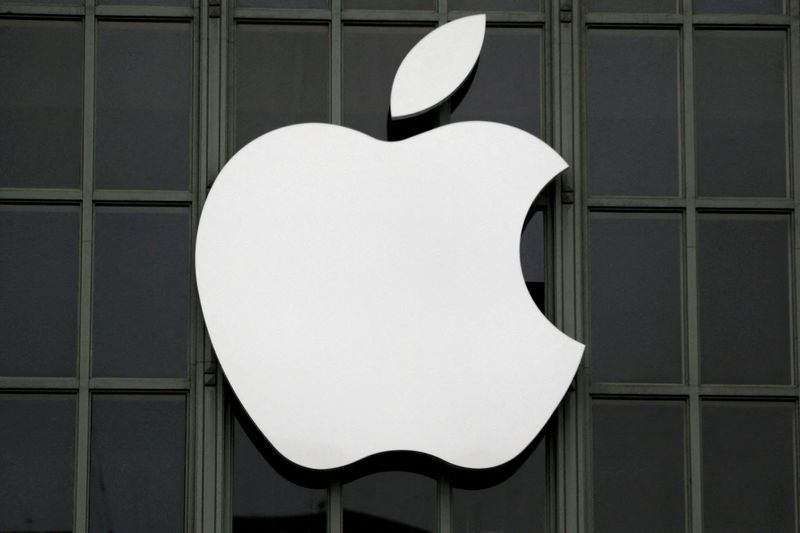By Blake Brittain
(Reuters) - Apple Inc (NASDAQ:AAPL), Google (NASDAQ:GOOGL) LLC, Cisco Systems Inc (NASDAQ:CSCO) and others can sue the U.S. Patent and Trademark Office to challenge a rule that reduced the number of patent-validity proceedings at a USPTO tribunal, a U.S. appeals court said Monday.
The U.S. Court of Appeals for the Federal Circuit reversed a California federal court's decision to dismiss the companies' lawsuit and said the agency may have failed to go through a required public notice-and-comment rulemaking process.
The PTO declined to comment on the ruling.
Google spokesperson José Castañeda said the company appreciates the decision and looks forward to making its case at the lower court. A Cisco spokesperson said the ruling reinforces that the PTO's patent review proceedings are "an important vehicle to preserve a balanced patent system, protect innovation, and assure patent quality in the United States."
Representatives for the other plaintiffs did not immediately respond to requests for comment.
The PTO's Patent Trial and Appeal Board is popular with big tech companies that are often targeted with patent lawsuits and that use the board's "inter partes review" process to contest patents they are accused of infringing. An internal rule that gave the agency's judges greater discretion to deny inter partes review petitions "dramatically reduced access" to the process, the companies told the appeals court.
Apple, Google, Cisco, Intel Corp (NASDAQ:INTC) and Edwards Lifesciences Corp (NYSE:EW) sued the PTO in the California federal court in 2020 over the rule. They argued it undermined the role inter partes review plays in "protecting a strong patent system" and violated federal law.
Companies including Tesla (NASDAQ:TSLA), Honda, Comcast (NASDAQ:CMCSA) and Dell filed briefs at the Federal Circuit in support of the plaintiffs.
The California court dismissed the case in 2021, citing U.S. Supreme Court rulings that Patent Trial and Appeal Board decisions on whether to review inter partes review petitions cannot be appealed.

The Federal Circuit also rejected the companies' arguments that the rule was arbitrary and violated U.S. patent law. But the three-judge panel said the PTO may have been required to hold a period of public notice and comment before making the rule, and that it could be challenged based on that argument.
The case is Apple Inc v. Vidal, U.S. Court of Appeals for the Federal Circuit, No. 22-1249.